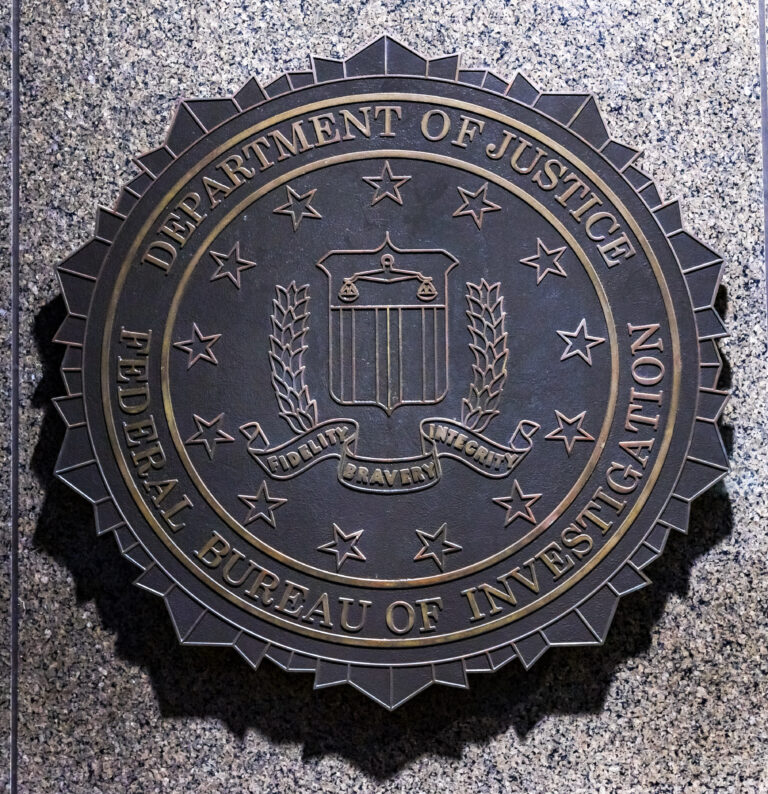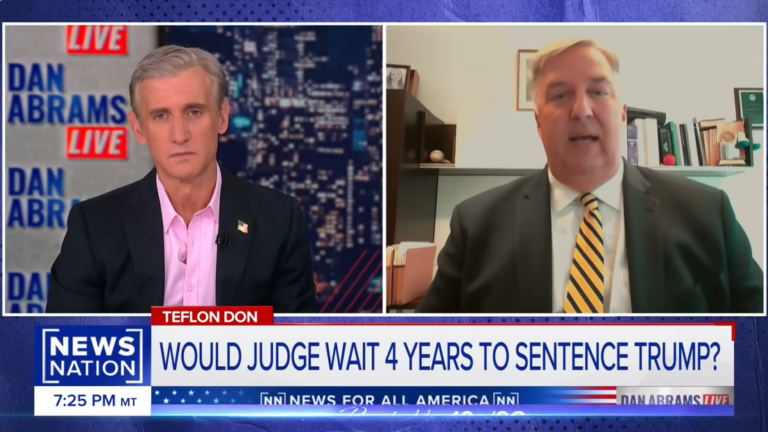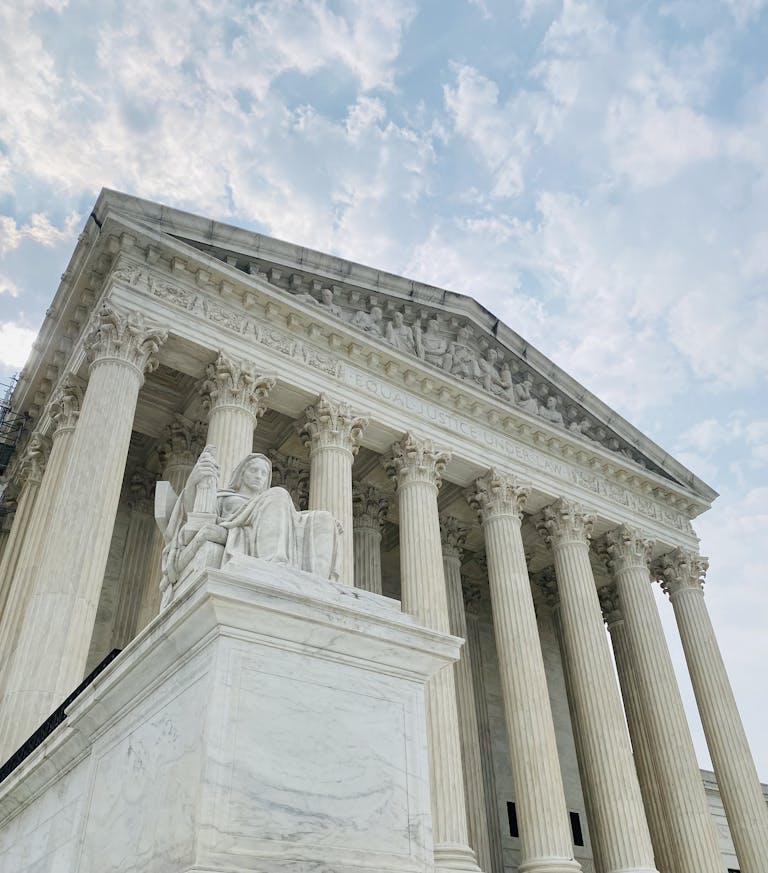How to Not Unicoin Yourself – A Lesson in What Not to Do
On May 20, 2025, the Securities and Exchange Commission (“SEC”) charged Unicoin and its executives for an alleged $100 million fraud scheme. While our coverage tends to highlight best practices, Unicoin’s indictment presents a worst practice case study for issuers. This article highlights Unicoin’s alleged missteps in the grey zone of digital asset regulation and showcases what issuers should NOT do in the interim before clear-cut regulations are written and set in stone.
Unicoin’s Business
In 2022, Unicoin was launched as a “next-generation cryptocurrency” created to address volatility issues that historically affect traditional cryptocurrencies.[1] The Unicoin business model revolved around solving this problem, doing so by backing its tokens with real-world assets and promising to pay dividends to token holders based on the performance of those underlying assets, which included equity stakes in pre-IPO companies and an international real estate portfolio. The company’s real estate portfolio included, among other properties, a luxury resort in Thailand, which the company claimed was valued at $241 million;[2] 7,721 acres of Bahamas Land, which the company claimed was valued at $396 million;[3] a copper mine in Argentina, which the company claimed was valued at $210 million.[4]
Unicoin was marketed as the cryptocurrency of the Unicorn Hunters show, which allows founders of emerging companies to pitch their startups to potential investors on a global platform. Indeed, the audience themselves receive access to pre-IPO investment opportunities. Further, Unicoin marketed itself as fully regulated, audited, and compliant in the United States. In press releases, however, the company noted that the cryptocurrency is issued under SEC exemption pursuant to Regulations D and S, which provide exemptions for private placements without extensive disclosure requirements of public offerings and exemptions for securities offerings that occur outside of the United States, respectively.[5]
Unicoin and its four executives — Alexander Konanykhin, CEO; Maria Moschini, former board member; Richard Devlin, former SVP and General Counsel; and Alejandro Dominguez, former CIO—were charged for false and misleading statements in an offering of certificates that purportedly conveyed rights to receive crypto assets of Unicoin and offering of Unicoin, Inc.’s stock. More specifically, the SEC alleges that the real estate assets were worth “a mere fraction of what the company claimed, and the majority of the company’s sales of rights certificates were illusory.”[6] The SEC further alleges that the company had sold more than $3 billion in rights certificates when it only raised $110 million and that the Unicoin tokens were claimed to be SEC-registered when they were not.[7] Konanykhin is personally accused of offering and selling the unregistered security to unaccredited investors to target investors the company had prohibited pursuant to its exemptions status under Regulation D.
There are multiple lessons to draw from Unicoin. Even in a pro-crypto administration such as this one, there is not free reign for cryptocurrency companies to do what they will. Enforcement against mere alleged unregistered securities offerings may fall by the wayside, but the SEC will not tolerate fraud, purposeful misrepresentations about the nature of token offerings, or harm to investors. In so doing, the SEC will not only be a friend to cryptocurrency companies, but also the cryptocurrency company writ large, as it aims to protect the public from unscrupulous opportunists.
Don’t Lie, Inflate, or Misrepresent
In innovative and emerging industries, marketability is an important strategy to differentiate oneself from the competition. In the cryptocurrency industry, this can often mean illustrating to the public the utility of your token, incentivizing purchases. But inflating, or even seeming to inflate, your claims in a way that misleads investors will almost always land you in the sights of the SEC where there is a security offering.
With respect to Unicoin, the SEC alleges that it claimed to have acquired $1.4 billion in real estate in emerging international markets — Argentina, Antigua, Thailand, and the Bahamas — when the true valuation of such properties was only $300 million collectively. In addition, Unicoin claimed to have sold $3 billion in their “Unicoin Rights Certificates,” as a contract for coins upon their issuance. In reality, they sold less than 5% of that amount. Finally, the company’s executives “falsely and repeatedly touted Unicoin tokens and Unicoin Rights Certificates as ‘SEC-compliant,’ ‘SEC-registered’ or ‘U.S. registered’ when, in fact, neither…was registered with the Commission.”[8] These allegations coincide well with the definition of fraud under 18 U.S. Code § 1348 (2), which includes obtaining:
“by means of false or fraudulent pretenses, representations, or promises, any money or property in connection with the purchase or sale of any commodity for future delivery, or any option on a commodity for future delivery, or any security of an issuer with a class of securities registered under section 12 of the Securities Exchange Act of 1934 (15 U.S.C. 78l) or that is required to file reports under section 15(d) of the Securities Exchange Act of 1934 (15 U.S.C. 78o(d)).”
An important part of this definition of fraud is the word ‘false.’ One cannot simply feign ignorance in making representations or promises. Companies must conduct proper due diligence, such as obtaining independent appraisals for assets and maintaining accurate records and ensure all marketing materials can be backed by this evidence. And, of course, one cannot use exemption from a jurisdiction’s regulation as registration or compliance with that jurisdiction’s rules. Conservative accuracy is much safer than aggressive marketing that cannot be fully supported. The Unicoin case underscores the importance of being able to substantiate any claims to investors—public or otherwise—with verifiable documentation, especially for when or in case regulators come knocking.
The SEC Will Knock at Your Door When You Market Profitability
Unicoin made it known across New York City and X that their coin was meant to be profitable to both themselves and investors—this is, in fact, the purpose of a security under which Unicoin understood itself to be offering its cryptocurrency. Prints in major airports, including JFK, LaGuardia, Newark, San Francisco, Los Angeles, Miami and Denver, billboards in Times Square, advertisements on taxi cabs and ride shares, paid media campaigns on Facebook, Instagram, and X; these are but a fraction of the millions per year Unicoin spent on their media campaign. Many of these ads featured a “logo” for their coin – with “Dividend-Paying Digital Coin Backed By Diversified Equity Portfolio” lining the outer edge that surrounds a linear design of a unicorn.
Unicoin sought to escape the SEC’s attention by operating under Regulations S and D. But this is not a simple solution to avoid the SEC; in fact, there is no solution when you offer an asset that is, or appears to be a security. If you are defrauding the public and the SEC can claim jurisdiction, it will do so.
For non-security cryptocurrencies or digital assets—including DeFi tokens, utility tokens, NFTs, or stablecoins—Unicoin still offers valuable lessons. The current SEC appears to be relaxing enforcement actions against mere unregistered securities offerings where there is no fraud or investor harm. However, if your token could potentially fall within the bounds of a security under the Howey test, avoid misleading purchasers at all costs. Most importantly, marketing your token’s profitability or investment returns is a reliable way to attract SEC scrutiny and increase the likelihood your token will be deemed a security.
So, unless you intend to be regulated as a security under SEC jurisdiction or under SEC exemptions, cryptocurrency issuers are best off not touching upon any financial returns purchasers may acquire from the token. In so doing, cryptocurrency companies decrease the chance of enhanced scrutiny and an SEC investigation.
If You Use Exemptions, Follow the Rules Strictly
Unicoin illustrates that claiming regulatory exemptions requires strict compliance. The company relied on Regulation D and S exemptions but then violated the most basic rules of those exemptions and also misled investors about their registration with the SEC. For any company relying on exemptions to stay out of the SEC’s purview, you should know the rules, follow them precisely, and never misrepresent your exemption status as a form of registration.
Conclusion
The Unicoin case offers three critical lessons for cryptocurrency issuers. First, never lie, inflate or misrepresent your assets, sales figures, or regulatory status, among other things. Alongside that, companies should conduct proper due diligence to confirm that their claims can be substantiated. Second, avoid marketing or implying profitability or investment returns unless you intend to be regulated as a security. Third, when you rely on registration exemptions, you should never misrepresent exemptions as full registration or compliance. While the current presidential and SEC administration may be more crypto-friendly, the SEC will pursue fraud and protect investors from bad actors, and it certainly has no qualms in exercising its jurisdictional authority to do so.
[1] Stablecoins are the most notable type of digital asset created to address the volatility issues surrounding cryptocurrencies.
[2] https://unicoin.com/portfolio
[3] https://unicoin.com/portfolio
[4] https://www.prnewswire.com/news-releases/unicoin-launches-its-primary-offering-on-us-regulated-inxone-trading-platform-302092521.html
[5] https://www.prnewswire.com/news-releases/unicoin-launches-its-primary-offering-on-us-regulated-inxone-trading-platform-302092521.html
[6] https://www.sec.gov/newsroom/press-releases/2025-75
[7] Ibid.







